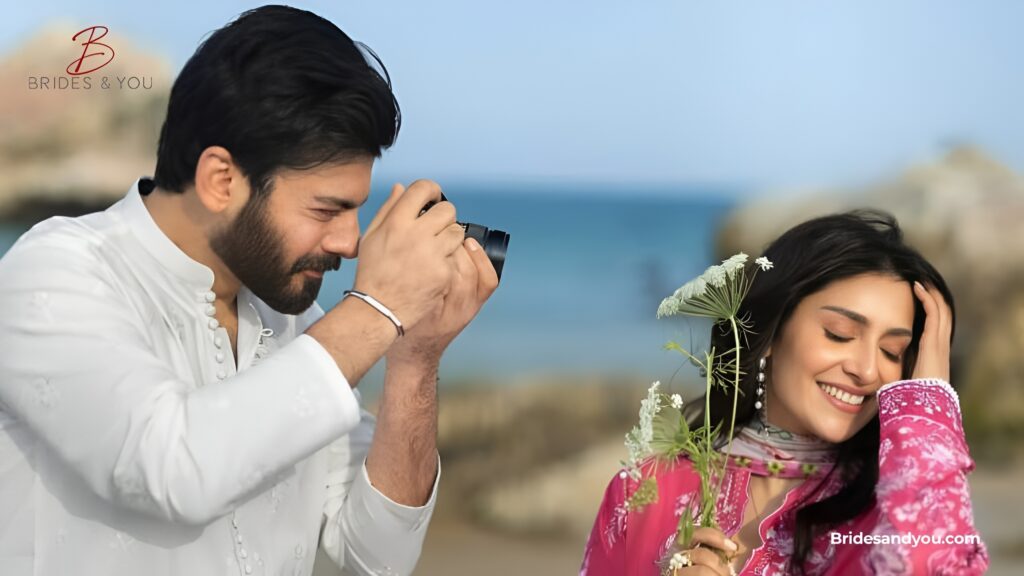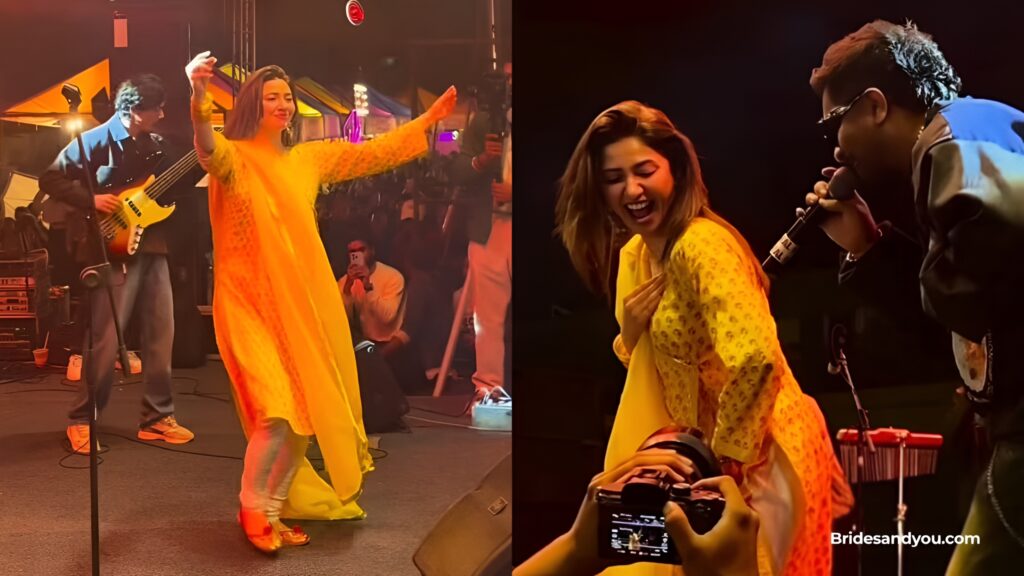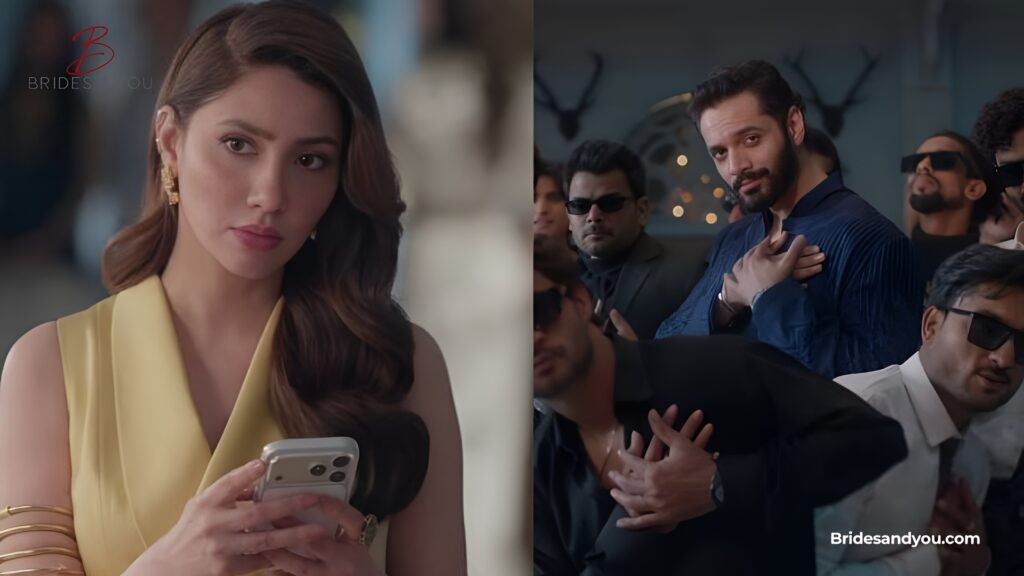Now Reading: Pakistani Actors Removed from Bollywood Posters on Streaming Platforms – What’s Behind the Shift?
-
01
Pakistani Actors Removed from Bollywood Posters on Streaming Platforms – What’s Behind the Shift?
Pakistani Actors Removed from Bollywood Posters on Streaming Platforms – What’s Behind the Shift?

In a move that’s stirring fresh controversy, Pakistani actors have been quietly removed from Bollywood posters and album artwork on major streaming platforms like Spotify and YouTube Music. No formal announcements were made, and no clear policy has been shared by the platforms, but the changes are noticeable — and they are gaining attention.
This quiet update marks a concerning step in the growing separation between the Indian and Pakistani entertainment industries. The absence of an official explanation only adds to the mystery and speculation surrounding the sudden visual edits.
Major Changes on Popular Albums: From Sanam Teri Kasam to Raees
One of the earliest signs of this trend was spotted in the 2016 romantic drama Sanam Teri Kasam. Originally, the album artwork featured both lead stars — Indian actor Harshvardhan Rane and Pakistani actress Mawra Hocane. Today, however, Mawra’s image has been erased, leaving only Rane’s picture on streaming platforms.
Interestingly, this change follows a comment by Rane himself. He reportedly stated that he would not reprise his role in Sanam Teri Kasam 2 if Mawra returned. Shortly after this comment, her image vanished from the album’s artwork, sparking rumors of behind-the-scenes friction.
Even producer Deepak Mukut expressed surprise, saying, “They didn’t ask me. It’s their decision. Whatever our government says, everyone has to follow.”
Another notable instance occurred with Raees (2017) — the hit Bollywood film starring Shah Rukh Khan and Pakistani actress Mahira Khan. The popular song Zaalima, once proudly featuring both actors on its cover, now highlights only Shah Rukh Khan. Mahira’s face has been quietly removed, raising eyebrows among fans.
A History of Political Tensions Impacting Creative Collaborations
This isn’t the first time such actions have taken place. In the aftermath of the Pulwama (2019) and Pahalgam (2024) attacks, Indian entertainment platforms took steps to cut ties with Pakistani talent. At that time, TV channels and music services pulled entire shows and soundtracks featuring Pakistani artists.
However, this current trend marks a subtler yet more symbolic move — revising past promotional material rather than removing the content altogether. The shows and movies remain available, but the visibility of Pakistani talent in thumbnails, posters, and visuals is quietly fading.
There is no officially declared policy directing these changes, but the consistency of the edits suggests a broader alignment with growing political pressures and national sentiment.
Fawad Khan, Mahira Khan, and Other Affected Artists
Among the most high-profile Pakistani actors affected is Fawad Khan, who once enjoyed major popularity in India through roles in Kapoor & Sons and Ae Dil Hai Mushkil. Though his films are still available, Fawad’s visual representation in promotional artwork has been reduced significantly.
More recently, a joint project titled Abir Gulaal, a cross-border romantic drama starring Fawad Khan and Indian actress Vaani Kapoor, has also been hit by political turbulence. Kapoor’s earlier posts promoting the film have disappeared from her Instagram, adding fuel to speculation that she may be distancing herself from the collaboration.
However, a report by NDTV clarified that the removals happened automatically after the production team deleted the collaborative uploads, not necessarily due to Kapoor’s personal decision.
Rising Pressure from Political Groups
Behind the scenes, organizations like the Federation of Western India Cine Employees (FWICE) and the Maharashtra Navnirman Sena (MNS) continue to push for a complete ban on Pakistani talent in Indian media. Their ongoing campaigns are believed to influence the behavior of platforms, producers, and even artists.
While streaming giants like Spotify and YouTube Music have remained silent on the matter, the ongoing adjustments to visual content seem to indicate silent compliance with nationalistic sentiment.
Final Thoughts: Art, Politics, and the Future of Cross-Border Cinema
The quiet removal of Pakistani actors from Bollywood posters and promotional content is a sobering reminder of how art and politics often clash. For fans of Indo-Pak collaborations, these shifts feel like a step backward — especially when art was once seen as a bridge between cultures.
While the content remains available for now, the shrinking visual presence of Pakistani talent raises concerns over inclusivity, fairness, and the sustainability of cross-border creativity in the future.
As the story unfolds, one thing is clear: artistic expression is no longer safe from the shadows of politics.













